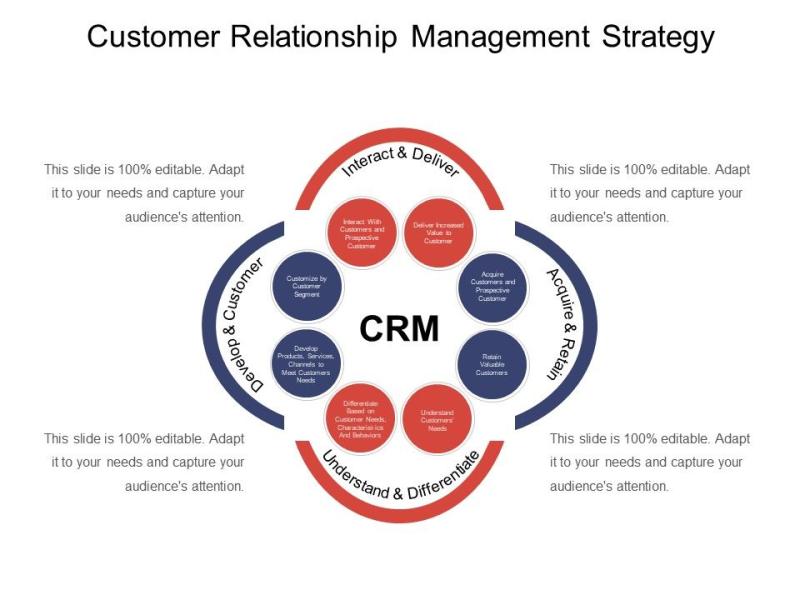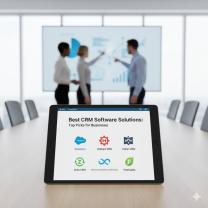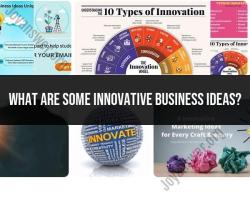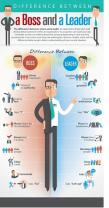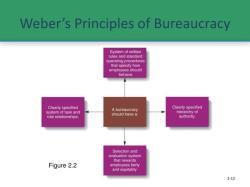What are the strategies of Customer Relationship Management?
Customer Relationship Management (CRM) is a strategic approach that focuses on building and maintaining strong relationships with customers to enhance satisfaction, loyalty, and overall business success. Here are key strategies and approaches in CRM:
Customer Data Collection:
- Collect and store relevant customer data, including contact information, purchase history, preferences, and interactions. This information forms the basis for personalized communication and targeted marketing efforts.
Segmentation:
- Segment your customer base based on characteristics such as demographics, behavior, and preferences. This allows for more targeted and personalized communication and services.
Personalization:
- Use customer data to personalize interactions and offerings. Personalized marketing messages, product recommendations, and tailored services contribute to a positive customer experience.
Customer Communication:
- Establish effective communication channels with customers. This includes email, social media, chat, and other platforms. Promptly respond to customer inquiries and provide relevant information.
Multi-Channel Integration:
- Integrate customer interactions across various channels to create a seamless experience. This includes integrating online and offline channels to provide a consistent brand experience.
Customer Feedback and Surveys:
- Gather feedback through surveys, reviews, and other means to understand customer satisfaction levels and identify areas for improvement. Act on customer feedback to enhance products and services.
Customer Loyalty Programs:
- Implement loyalty programs to reward and incentivize repeat business. Offer discounts, exclusive access, or other perks to customers who demonstrate loyalty.
Employee Training:
- Train employees to provide excellent customer service. Customer interactions are a critical touchpoint, and well-trained staff can positively impact customer satisfaction.
CRM Technology:
- Invest in CRM software and technology to streamline customer data management, automate processes, and facilitate communication. CRM systems help in tracking customer interactions and analyzing data.
Predictive Analytics:
- Use predictive analytics to anticipate customer needs and behaviors. Analyzing historical data can help in identifying trends and making informed decisions to enhance customer satisfaction.
Customer Journey Mapping:
- Map the customer journey to understand touchpoints and interactions throughout the customer lifecycle. This helps in identifying opportunities for improvement and delivering a cohesive experience.
Social Media Engagement:
- Leverage social media platforms to engage with customers, address concerns, and share relevant content. Social media is a valuable channel for building relationships and brand loyalty.
Customer Retention Strategies:
- Develop strategies to retain existing customers. This may involve offering loyalty rewards, providing exceptional customer service, and continually delivering value.
Cross-Selling and Upselling:
- Identify opportunities for cross-selling and upselling based on customer preferences and behavior. Suggest complementary products or services to enhance the overall customer experience.
Continuous Improvement:
- Regularly review CRM strategies and outcomes. Identify areas for improvement, stay updated on industry trends, and adapt strategies to meet evolving customer needs.
By implementing these CRM strategies, businesses can cultivate strong and lasting relationships with their customers, leading to increased customer satisfaction, loyalty, and long-term success.
What techniques are effective in enhancing customer relationship management strategies?
Enhancing customer relationship management (CRM) strategies is crucial for building strong and lasting relationships with your customers, fostering loyalty, and ultimately driving business growth. Here are some effective techniques:
1. Personalization:
- Tailor communications and experiences to individual customers: Leverage data to understand customer preferences, purchase history, and behavior to personalize interactions and offers.
- Use customer names, segment audiences for targeted messaging, and recommend relevant products or services.
- Leverage automation tools to personalize emails, website content, and marketing campaigns.
2. Omnichannel engagement:
- Provide seamless customer experiences across all touchpoints: Website, mobile app, social media, email, phone, and physical stores should offer consistent messaging and support.
- Track customer interactions across channels to understand the customer journey and identify areas for improvement.
- Invest in omnichannel marketing tools to ensure integrated and personalized communication across all channels.
3. Proactive communication:
- Don't wait for customers to reach out with problems or questions.
- Anticipate their needs and proactively communicate relevant information, updates, or offers.
- Send regular check-in messages, reminders, and notifications to keep customers engaged.
4. Feedback and data analysis:
- Actively solicit customer feedback through surveys, reviews, and other channels.
- Analyze data from customer interactions, website traffic, and social media to identify trends and areas for improvement.
- Use feedback and data insights to personalize experiences, improve products and services, and address customer concerns.
5. Building trust and transparency:
- Be honest and transparent in all communications with customers.
- Clearly explain policies, pricing, and terms and conditions.
- Address customer concerns promptly and professionally.
- Acknowledge mistakes and take responsibility for errors.
6. Building relationships and loyalty programs:
- Go beyond transactional interactions and build genuine relationships with your customers.
- Develop loyalty programs to reward repeat customers and incentivize engagement.
- Offer exclusive benefits, discounts, and experiences to loyal customers.
- Recognize and celebrate customer milestones and anniversaries.
7. Empowering employees:
- Train employees to be customer-centric and provide exceptional service.
- Give employees the authority and resources to resolve customer issues effectively.
- Encourage employees to build relationships with customers and understand their needs.
8. Utilizing technology:
- Invest in CRM software and tools to automate tasks, manage customer data, and personalize experiences.
- Use chatbots and virtual assistants to answer common questions and provide basic support 24/7.
- Leverage AI and data analytics to gain insights into customer behavior and predict their future needs.
9. Continuous improvement:
- Regularly review and evaluate your CRM strategies and identify areas for improvement.
- Be open to adapting and changing your approach based on customer feedback and market trends.
- Benchmark your performance against competitors and strive for continuous improvement.
10. Investing in customer success:
- Shift from a focus on customer acquisition to customer retention and success.
- Offer ongoing support, training, and resources to help customers achieve their goals.
- Measure and track customer success metrics to gauge the effectiveness of your CRM strategies.
By implementing these techniques and focusing on building genuine relationships with your customers, you can create a successful CRM strategy that drives loyalty, increases customer satisfaction, and ultimately contributes to your business's long-term success.
